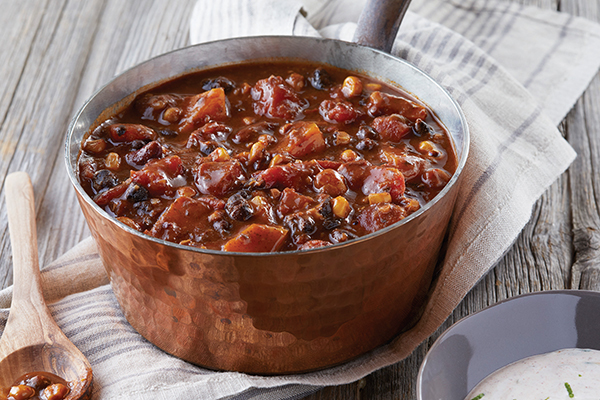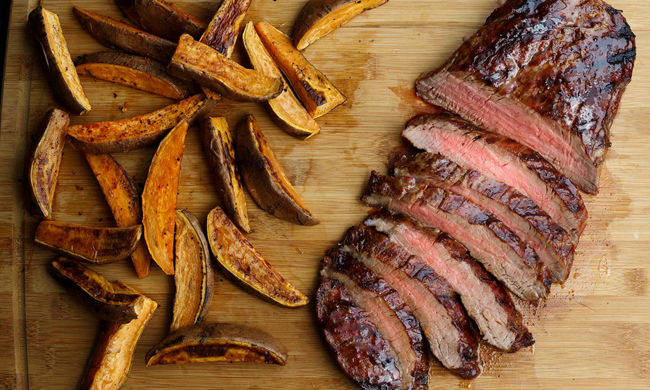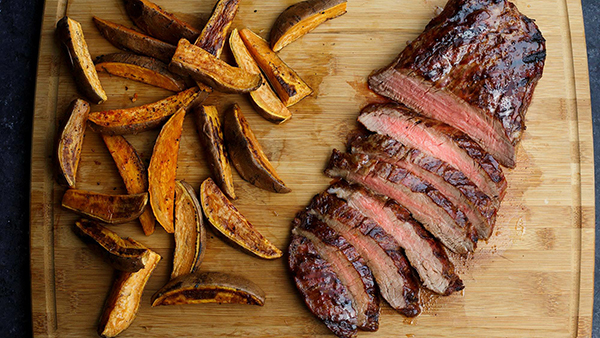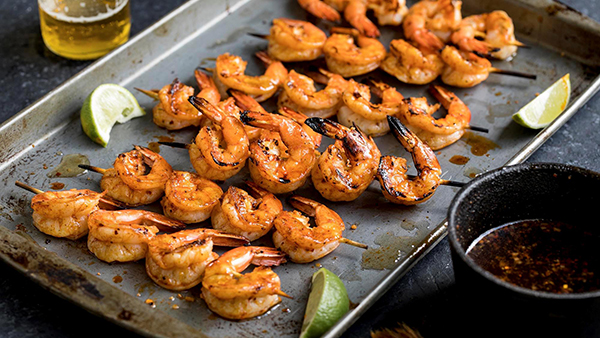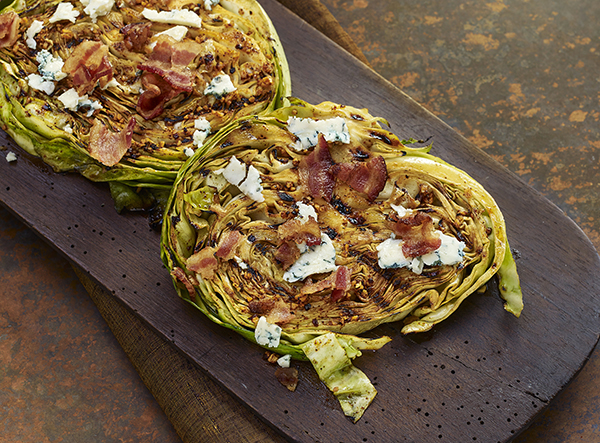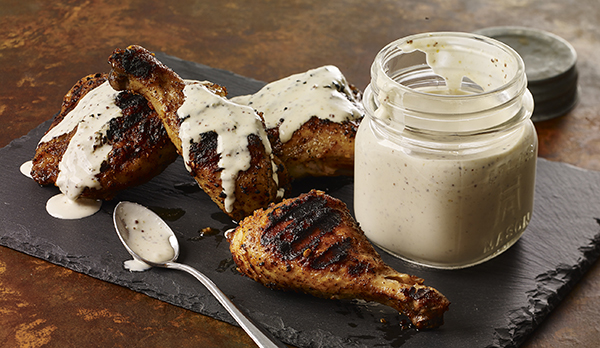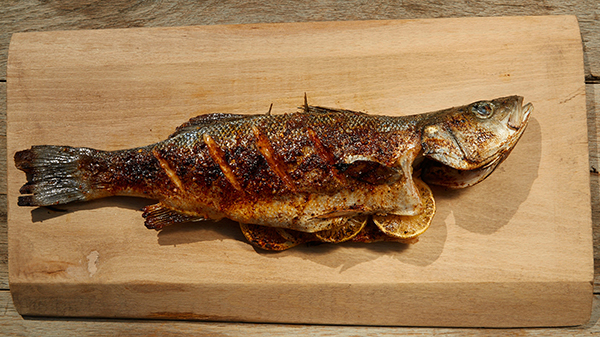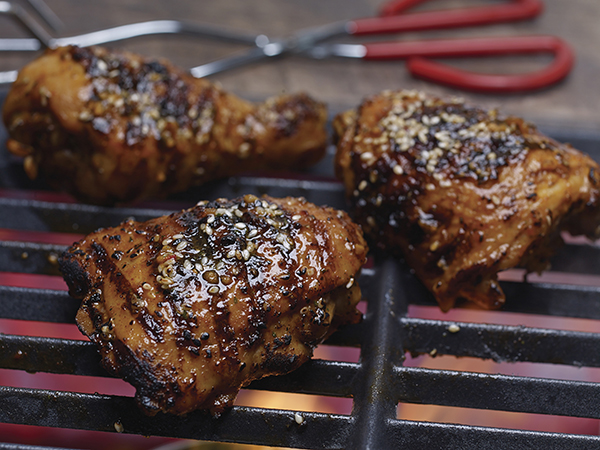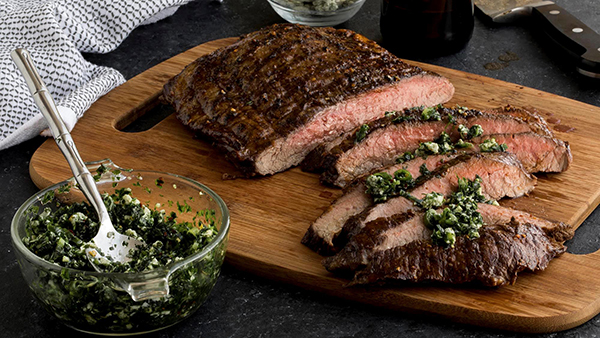 |
| Reuters/Neil Hall |
Freedom. A word redolent with benevolence. We like the idea of being “free”. We are outraged at the thought of being “un-free”. It is often presented to us as a polarity: free expression, free choice and democracy, on the one hand – and repression, censorship and autocracy on the other. We are to guard the former from the latter.
But is that all? What is the “freedom” we are told about, think about and experience? What does it consist of? What uses do we put it to or – perhaps even more importantly – not put it to?
In the advanced capitalist polities of the West, we are repeatedly told that freedom is the defining value of our time, that it is a precious possession to preserve by almost any means, even a measure of un-freedom, say, in the form of increased surveillance or accelerated militarisation. As such, it is a word that is put to many dubious uses including, of course, the now familiar idea of “bringing” freedom and liberty to a “recalcitrant world”, as David Harvey puts it. He asks:
If we were able to mount that wondrous horse of freedom, where would we seek to ride it?Where indeed?
Freedom ‘thingified’
Has “freedom” turned into one of those buzzwords honoured more in the invocation than in its exercise? A talismanic utterance commandeered for various agendas including offering a reinforcing platform to the rich and the powerful, even when some of those people are responsible for squashing free expression and academic freedom – and worse – in their own states?
“Free speech” – rather than being the nurturing and encouragement of real courage and the opening up of the imagination to new possibilities – is in danger of becoming one of the great banalities of our day, trotted out much more by the establishment for explaining its more degraded moves than a channel for producing meaningful dissent that could lead to material alternatives for the majority.
As something “thingified” – to borrow a word from Aimé Césaire’s Discourse on Colonialism – freedom isn’t seen as a practice which requires constant, vigilant exercise on all our parts. It becomes, for example, something that must be transmitted through teaching from an already free West to the un-free zones of the world. Here’s US president, Barack Obama, addressing the British parliament about the “Arab Spring”:
What we are seeing in Tehran, in Tunis, in Tahrir Square, is a longing for the same freedoms that we take for granted here at home … That means investing in the future of those nations that transition to democracy, starting with Tunisia and Egypt – by deepening ties of trade and commerce; by helping them demonstrate that freedom brings prosperity.
Once again then, freedom carefully channelled through the checkout lane.
Gregarious tolerance
It’s often assumed that science and rationalism are “free” while religion and faith are not. Yet some of the most uncritical acquiescence to the regimes of our day comes from science and many scientists in their collaboration with the privatisation of knowledge by big corporations who determine what questions get asked and what gets funded.More often than not, what must be opposed is not just the openly repressive or oppressive (that of course, must be done – and is done by people who show astounding courage in their daily lives under harsh conditions: Saudi bloggers, women seeking education in Afghanistan, Irom Sharmila on hunger strike for a decade against army atrocities in India). What we must all guard against is rather more subtle and creeping.
We may have to recognise that the greatest danger to our exercise of freedom is lapsing into habits of thought where we acquiesce – where it becomes easier to think of the way things are as the way things ought to be, or will always be.
Speaking of intellectuals who shy away from the task of speaking difficult truths, the late Edward Said deprecated what he called “a gregarious tolerance” for the way things are. This gregarious tolerance is rife in our society and more tragically, more inexcusably, in our universities and among our intellectuals where one of the biggest assaults on independent thinking – increasing tuition fees, bloated managerial salaries, greater corporate presence in research funding – is failing to provoke a collective resistance.
We need to guard against turning “freedom” into a weapon of smugness, cultural certainties to be wielded against apparently lesser cultures rather than a tool constantly sharpened through speaking truth about and against power. When freedom is seen as a “thing” – a value to be worshipped rather than as a practice – it atrophies into something that shores up power and the status quo ordained by it and as such becomes its opposite, an ossified, rather toothless idea.

Freedom as an idea and practice, of course, also has a very different history or histories when we think of struggles against power from below. That sense of freedom was perhaps best articulated by remarkable former slave and anti-slavery campaigner, Frederick Douglass, in his famous speech commemorating the West Indian emancipation. After noting that those “who would be free, themselves must strike the blow”, Douglass famously declared:
The whole history of the progress of human liberty shows that all concessions yet made to her august claims have been born of earnest struggle.
Maintain the rage
There Is No Alternative – Margaret Thatcher’s beloved TINA – is now being carried forward through Cameron and Osborne’s austerity regimes. An unfree, repressive, autocratic and despotic idea if there was ever one, but using “freedom” as its logo, the claim there is no “alternative” immediately narrows down “freedom” to consumer choice and business transactions at the expense of all other rights.Cameron, you’ll note, saw no irony in feting Xi Jinping, an unelected ruler from an autocratic regime, and spouting platitudes about human rights. China in many ways represents a capitalist wet dream: a constrained population offering up wage labour without meaningful rights but “free” to consume what they can afford.

Meanwhile as we’ve seen with the hysteria over the election of Jeremy Corbyn as Labour leader, his once rather widely accepted ideas about social and economic justice are shrilly denounced as dangerous extremism which must be rooted out immediately – no free flourishing of alternatives there. Protest and anger? Bring out the demonising smears, the batons, the legislation, the water cannons.
How then to be free? Face them down. “Indignez vous”, as the French campaigner, Stephane Hessel, put it. Stay indignant. Protest, undermine, challenge and change. Douglass again, famously: “This struggle may be a moral one, or it may be a physical one, and it may be both moral and physical, but it must be a struggle. Power concedes nothing without a demand. It never did and it never will.”
Priyamvada Gopal, Lecturer, Faculty of English, University of Cambridge
This article was originally published on The Conversation.





